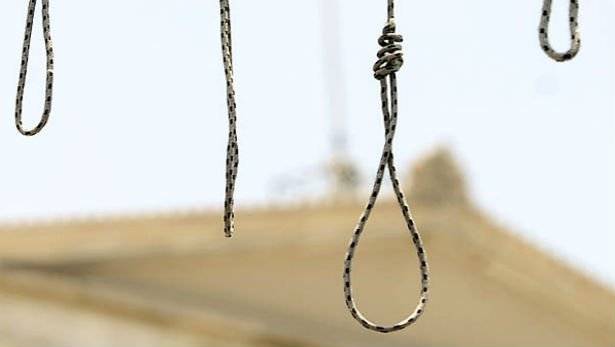ISLAMABAD - The parliamentary leaders will again assemble on Tuesday to decide about the extension of army courts as the seventh consecutive meeting on Friday failed to achieve any breakthrough on the subject.
After persistent deadlock, the matter was deferred to a new sub-committee to deliberate upon the constitutional amendments required to revive the military courts. The sub-committee's meeting, however, failed to resolve the objections raised by some party representatives.
During the meeting, there was an obvious flexibility in the tone of government and opposition both.
The government who initially suggested three years extension in the army courts agreed to cut down the duration to two years.
Minister for Law and Justice Zahid Hamid said that the government agreed to revise its demand for a three-year period down to two.
"If all parties agree, military courts can be revived for a period of two years (instead of three)," he added. The government also added some new clauses on the objection of some political parties mainly JUI-F.
The law minister said anti-state activities and violent acts against the state have been included in the proposal. Despite revisions from the government side, the opposition was not so enthusiastic.
"The proposal will be presented to our party leadership for approval," PPP MNA Naveed Qamar said after the meeting.
He reiterated his party’s demand of calling an All Parties Conference to discuss the military courts through constitutional amendments proposed by the government.
The law minister said that the proposed amendments, along with a bill regarding necessary amendments to the Pakistan Army Act, will be sent to parliamentary leaders. Naveed Qamar said that the amendments have been made to please Maulana Fazlur Rehman.
To some members, word ‘religious terrorism’ is one of the major reasons behind disagreement. Maulana Fazlur Rehman while talking to media said that a terrorist is a terrorist and terrorism cannot be differentiated.
He said it was wrong to associate terrorism with religion, nationality, sect or any specific race.
Pashtuns are deprived and dejected people, they are working hard to earn their bread, some of the local administration officials are blaming Afghan refugees or Pashtuns for the recent wave of terror, which is totally wrong, he said.
However, to a question, he showed ignorance that establishment believes that some specific nationality, race, sect, or religious section is behind the recent bomb blasts.
Fazl said that he phoned to PPP leader Asif Ali Zardari and convinced him to end boycott of the meeting. He also thanked Zardari for his party’s participation in the meeting on Friday. He said he did not convince Zardari to vote for extension of military courts.
The thrust in demand of strengthening the judicial system of the country as permanent solution and extension of courts for a last and definite time period without any further extension also seemed to phase out in the long deliberations.
PTI leader Shah Mehmood Qureshi in early meetings almost conditioned the extension to the revival of judicial system.
Military courts were established and granted permission to try civilians charged with terrorism in Jan 2015 after a wave of terrorism including a brutal attack on the Army Public School in Peshawar in December 2014, through a constitutional amendment.
The courts have been non-functional since early this year, after the expiry of two-year tenure. Under the ongoing operation against the terrorists, the government again wants to extend the tenure of army courts to try any civilian under the charges of terrorism.






